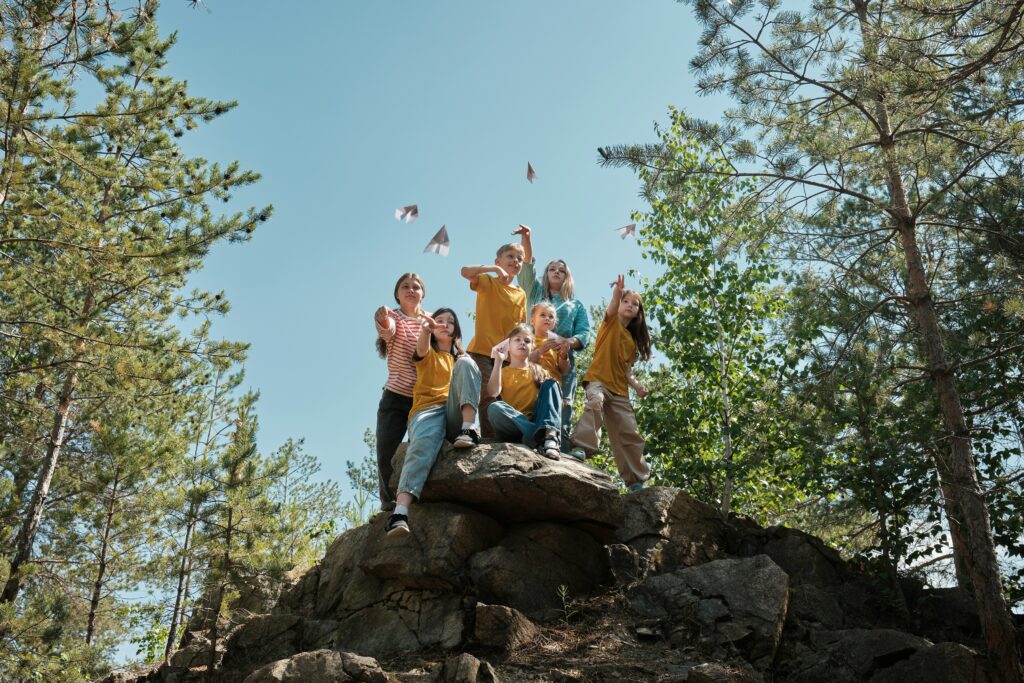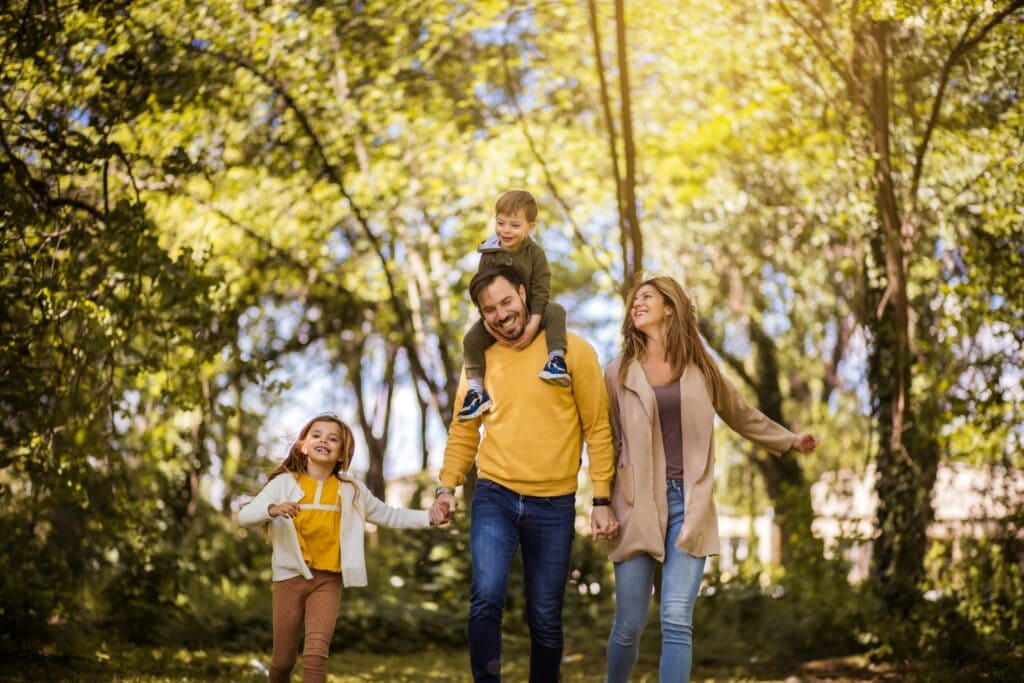Camp is a place that is made for building new friendships and making positive connections. Bullying, whether intentional or not, can easily sneak in with the good times. If you’re looking for a guide to bullying prevention and management you’re in the right place!
Picture this. Everyone in your group is hungry, famished in fact, and you’re sitting around these big round tables waiting to be called to the lunch line. The round tables are an intentional choice, they provide campers with the chance to talk with all those around them. Everyone is having good conversation and the laughter is flowing. However the jokes take a turn to name calling, the names are clever, these kids are bright, but you can easily picture the hurt feelings and apologies that are fast approaching.
So you say something. You try to change the conversation before things get out of hand. You ask,”Hey guys, what do you think lunch is gonna be today?” One of your campers speaks up, “Spaghetti!” another chimes in “Grilled Cheese!” a third calls out “Hot Pockets!” The table chuckles at this unexpected response. The child continues, “Your Hot pocket arms are making me hungry, I might just take a bite!” The camper reaches for you from across the table as the people around chuckle again. You look down at your freckly arms. You’ve never noticed a resemblance to a certain microwavable pastry before.
You laugh it off with the rest of the table. It’s a funny joke, the joke isn’t what hurt though. Your nickname is Hot Pockets for the rest of the summer because the rest of the staff pick it up. You don’t say anything because it bothers you more than you’d like to admit. The comment was meant as a joke, it wasn’t meant with any malice yet it still caused pain.
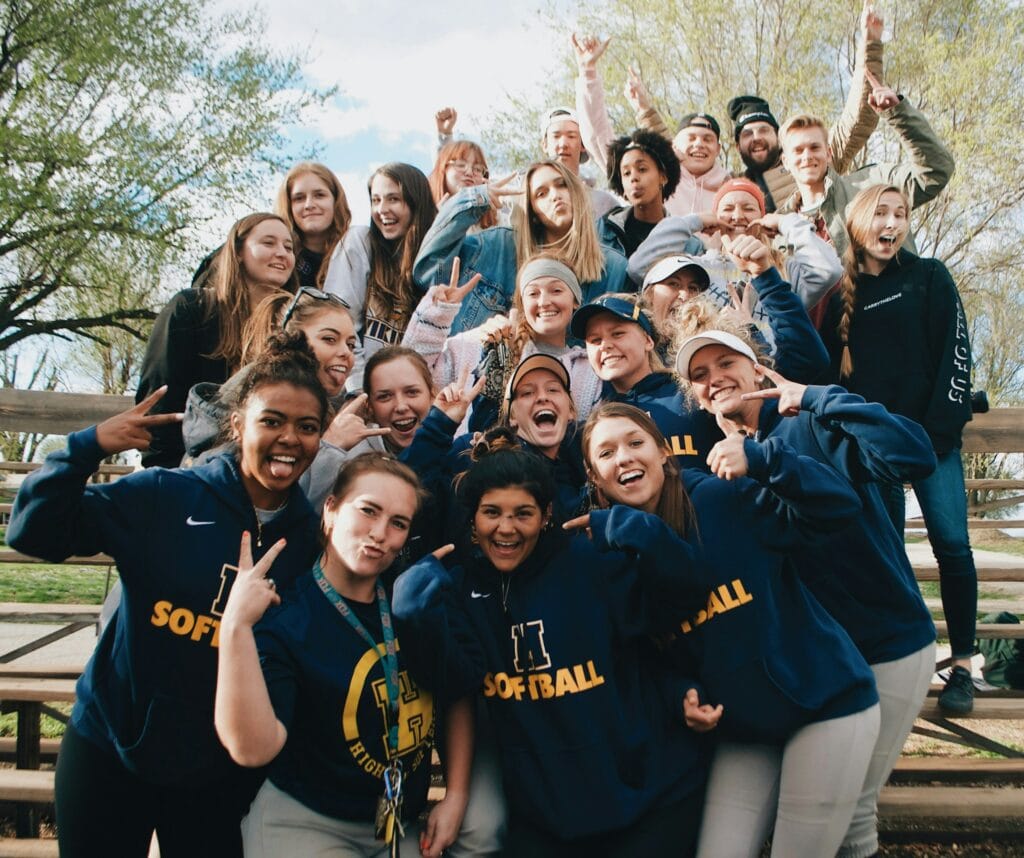
Joel Mott Unsplash
Bullying Prevention
The simple truth is that bullying and camp don’t mix. Bullying creates a toxic and unsafe environment for staff and campers alike. Here are some things to keep in mind as you tackle bullying prevention at camp.
Build a Community
Bullying will not be tolerated! Shout it from the rooftops! Declare it in the streets! Put up posters! Include it in your camp rules. Include campers in the development of responsibilities and consequences based on your camp’s code of conduct. When campers help establish fair consequences they are more likely to take responsibility for their actions. If they already know the consequences and believe them to be fair it makes potential disciplinary actions that much easier on everyone. Make camp a safe space. Create a strong community that values each one of its campers and staff. Every camper deserves to feel safe and valued.
Respectful Relationships
Build a camp that has an emphasis on positive and respectful relationships between all staff and campers. Bullying is less likely to happen when a camper is surrounded by good friends. Encourage positive connections that the camper can surround themselves with. Make it clear that you and your fellow staff are available to help and more importantly want to.
Don’t Be a Bully Yourself
Lead your campers by example. Don’t talk behind other peoples backs or call others names. Even if it’s in jest your campers pick up on these actions. Monkey see, monkey do. If there is bullying occurring in your cabin make sure that you aren’t laughing along with the jokes and teasing as this further encourages the negative behavior.
Understanding Bullying
What makes a bully? It is essential to understand what bullying is and how it starts. Once you know the root problem you can address it instead of bandaging the symptoms. According to the nonprofit Stomp Out Bullying, “Bullies dominate, blame and use others. They lack empathy and foresight, have contempt for the weak, see weaker kids as their target., and don’t accept the consequences of their actions. They crave power and attention.” Teach and model compassion, kindness and respect to all of your campers. Bullying is a learned behavior which means it can be unlearned.
How to spot Bullying
While a strong prevention plan lowers the chance of bullying people still have free choice. Keep your eye out for potential bullying and the its symptoms.
How it Starts
Bullying usually starts as pushing others physical boundaries, teasing or excluding others. Bullying is always deliberate, repeated and power imbalanced. Bullies choose victims that they see as weak or vulnerable. It is your job to watch for warning signs and promote inclusion. Ice breakers and conversations by the campfire or under the stars build trust and connections with in the cabin. These are also perfect times to watch for potential difficulties.
Stay Vigilant
Camp happens, campers get bumps and bruises, items get damaged or lost. Campers can experience loss of sleep, loss of appetite or have headaches or tummy aches. All of these things can happen for multiple reasons. Homesickness, clumsiness (campers are still growing and adjusting), forgetfulness (it’s hard to remember your stuffed animal when you want to get to the next activity), dehydration, and bullying. Look out for these signs don’t assume the worst but don’t eliminate it either. Ask your camper what’s wrong and if they don’t have a reply right away be patient and stay available.
Character Changes
Your camper could’t wait to start camp. Now they don’t want to participate anymore. Maybe they are alone more often or they aren’t talking with friends like they used to. These are all signs that bullying may be happening but don’t jump to conclusions. Ask what’s on your camper’s mind.
Power Struggle
Campers may turn to bullying you, the staff member, as a way to gain power and popularity. If this occurs do not hesitate to reach out to a fellow staff member for help and community. Don’t let the campers comments get to you and keep a cool head. Tell your campers that their actions are inappropriate. If disciplinary actions need to take place involve a third party so that it is not your word against your campers.
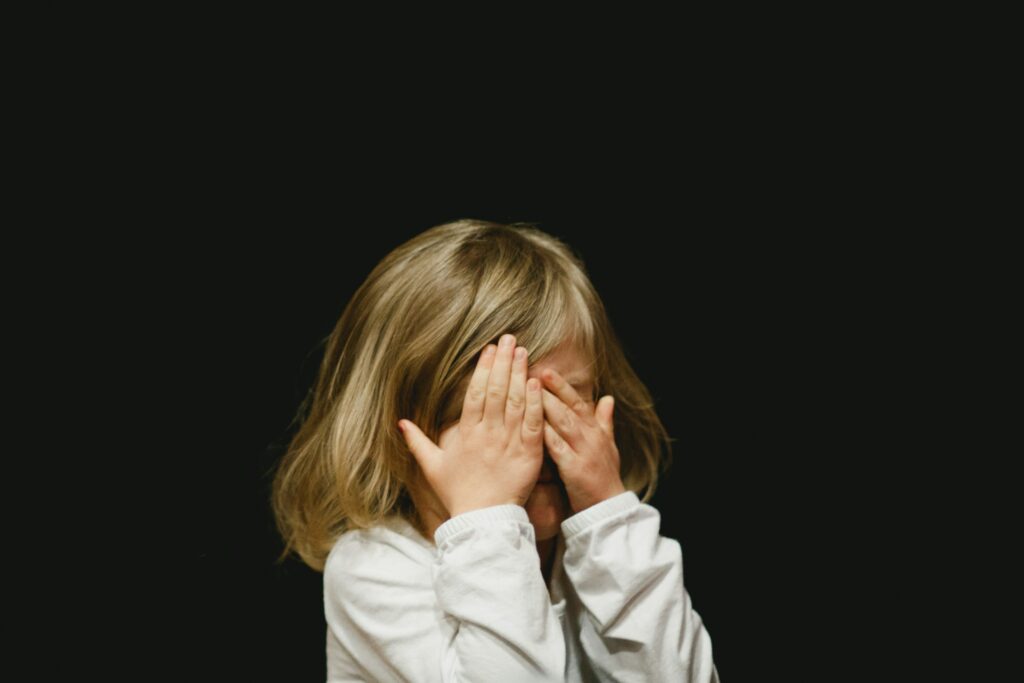
Caleb Woods Unsplash
Ways to stop bullying
Here are some helpful methods for how to stop bullying if prevention efforts were not a 100% success.
Break up Cliques
Cliques are groups that form based on common interests, have a well defined set of rules and a leader to enforce them. While members of the group share common interests they can be restrictive to outsiders. This is where bullying can begin with members excluding those that aren’t “cool enough” to join their group. Encourage everyone involved to branch out. Promote finding common interests with others to help grow more positive and lasting relationships. Find out more about cliques here.
Encourage Courage
Facing a bully is hard, especially when you just want to have fun at camp. Encourage your campers to say something to you when they see bullying or if they are being bullied. Make sure that your campers know what bullying is so that bystanders can call it when they see it. Bullies look for overreactions and explosive situations and will pick on people that react in that manner or try to fight back. The main objective for the bullied camper is to give no reaction. Bullies want a reaction and if they don’t get one they will eventually lose interest. Remind your campers that it is never okay to bully a bully. There are some helpful comebacks suggestions and methods for dealing with bullies here.
Discipline ≠ Punishment
There is a difference between discipline and punishment. The first step in unlearning bullying is for the offender to admit that what they did was wrong and hurtful. After this the key is that the bully wants make it right. They realize the damage that has been done and want to fix the problem. This isn’t something that you can force onto a person they need to come to these realizations on their own. You can coach a person toward these realizations though.
Wrap it Up
Bullying is not an argument or a conflict, it is a power imbalance with lasting effects on an individuals’ mind and self image. Bullying prevention needs to be a whole camp effort where all campers and staff are united in their goal. If your campers are experiencing bullying they need to be able to ask for help from counselors and staff. Stay on the lookout for the signs of bullying and have methods for appropriate actions at the ready. Bullying can be unlearned. Happy bully-free camping everyone!
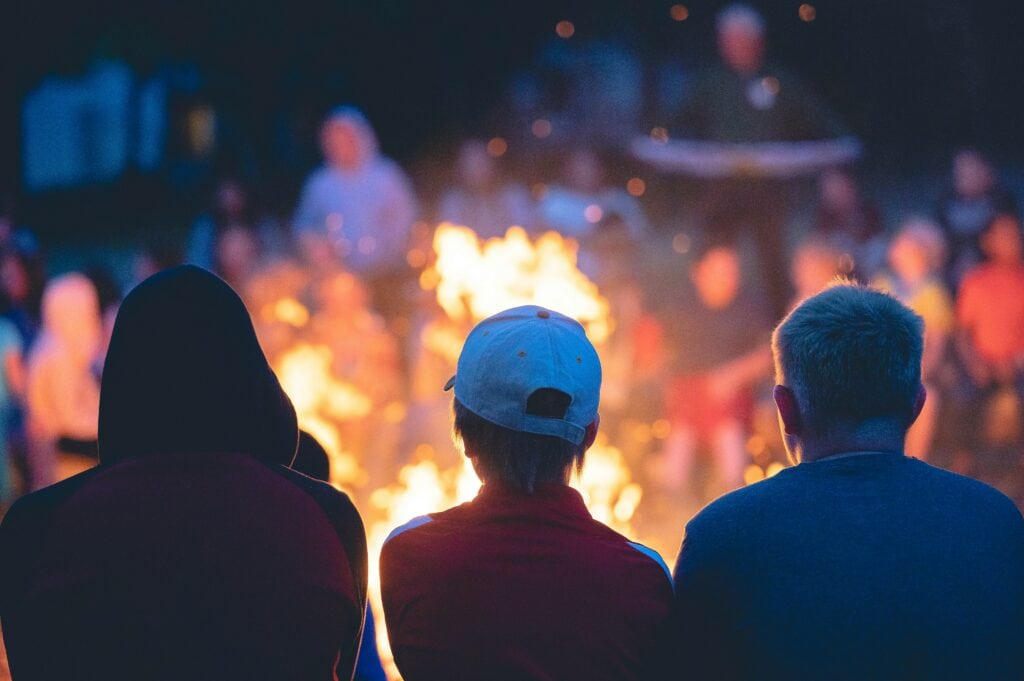
Ben White Unsplash


